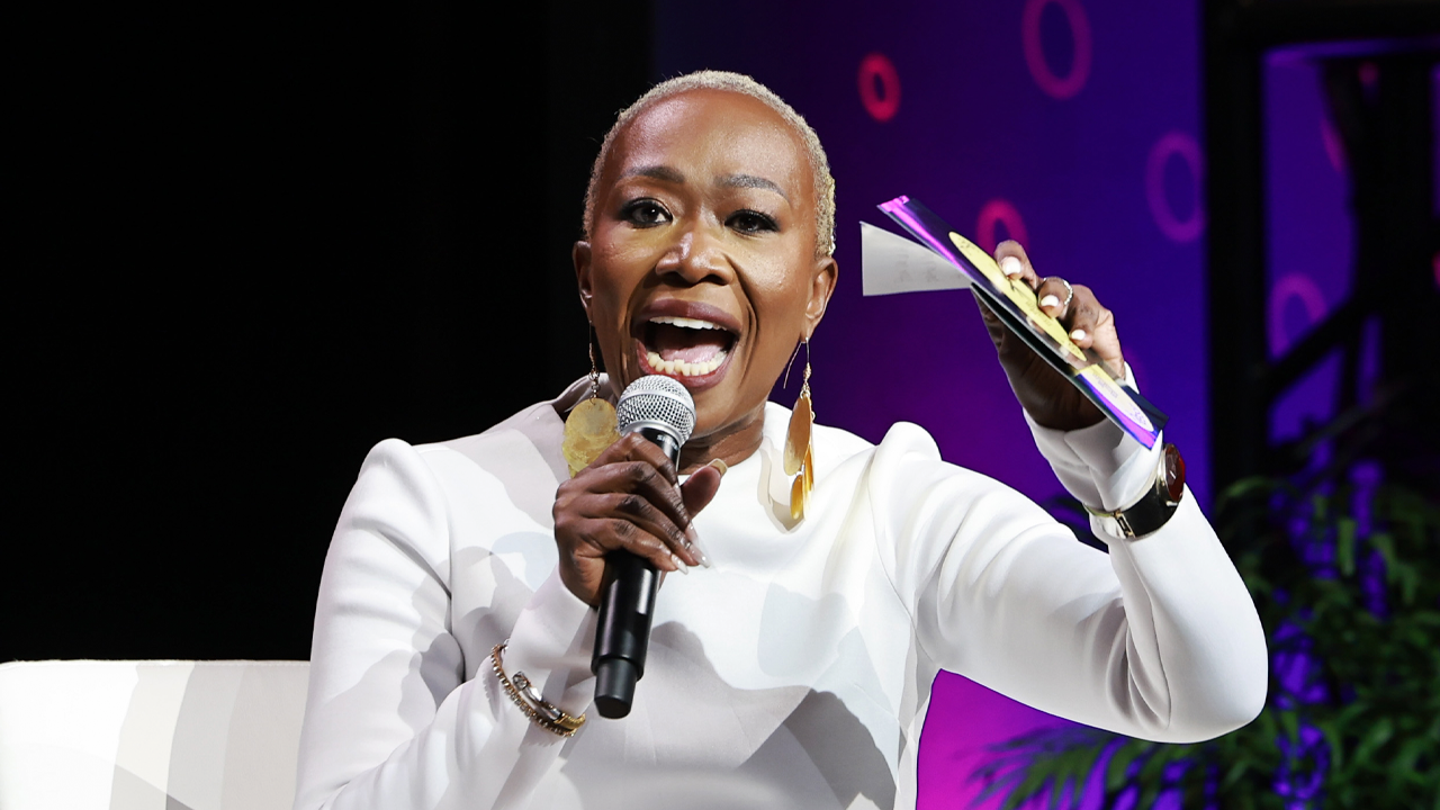
Joy Reid claims 'mediocre White men' like Trump, Elvis can't 'invent anything,' steal culture from other races
Entities mentioned:
- Joy Reid: Moral outrage, Righteousness, Indignation
- Donald Trump: Power, Control, Legacy
- Elvis Presley: Recognition, Influence, Legacy
- Wajahat Ali: Righteousness, Moral outrage, Recognition
- Kennedy Center: Legacy, Influence, Recognition
- Smithsonian: Legacy, Influence, Duty
- PragerU: Influence, Righteousness, Legacy
- Harrison Fields: Loyalty, Indignation, Professional pride
Article Assessment:
Credibility Score: 65/100
Bias Rating: 70/100 (Lean Right)
Sentiment Score: 25/100
Authoritarianism Risk: 45/100 (Mixed/Neutral)
Bias Analysis:
The article leans right, presenting critical views of left-leaning figures and their statements. While it includes quotes from both sides, it gives more space to counter-arguments and criticism of Reid's comments.
Key metric: Social Cohesion
As a social scientist, I analyze that this article highlights deep racial tensions and cultural divisions in American society. The rhetoric used by Joy Reid and Wajahat Ali suggests a strong resentment towards what they perceive as the appropriation of minority cultures by white Americans. Their claims about the inability of 'mediocre White men' to create culture or innovate independently are likely to exacerbate racial tensions and decrease social cohesion. The article's framing of Trump's actions regarding the Kennedy Center and Smithsonian as a 'hostile takeover' further emphasizes the polarization in cultural and historical narratives. This discourse, if amplified, could lead to increased societal fragmentation and decreased trust between different racial and cultural groups, negatively impacting overall social cohesion in the United States.

Judge to decide Trump appointee Alina Habba's fate as US attorney
Entities mentioned:
- Alina Habba: Ambition, Power, Control
- Donald Trump: Power, Control, Loyalty
- Judge Matthew Brann: Duty, Justice, Righteousness
- Julien Giraud Jr.: Self-preservation, Justice, Freedom
- Desiree Grace: Professional pride, Duty, Justice
- Pam Bondi: Loyalty, Power, Control
Article Assessment:
Credibility Score: 75/100
Bias Rating: 45/100 (Center)
Sentiment Score: 35/100
Authoritarianism Risk: 65/100 (Authoritarian Tendencies)
Bias Analysis:
The article presents multiple viewpoints, including those of the Trump administration, the defendant, and legal experts. While it highlights concerns about the appointment process, it also includes the DOJ's defense of its actions, maintaining a relatively balanced perspective.
Key metric: Rule of Law Index
As a social scientist, I analyze that this case highlights a significant challenge to the traditional process of appointing U.S. attorneys, potentially impacting the Rule of Law Index. The unprecedented maneuvers by the Trump administration to keep Habba in power, despite lack of Senate confirmation, raise concerns about the separation of powers and the integrity of the justice system. This situation could weaken public trust in legal institutions and potentially set a precedent for future administrations to bypass established appointment procedures. The case also demonstrates the tension between executive authority and legislative oversight, which is crucial for maintaining checks and balances in a democratic system. The outcome of this decision could have far-reaching implications for the interpretation of federal vacancy laws and the limits of presidential power in appointing key law enforcement officials.